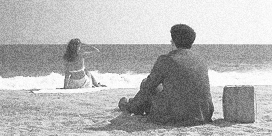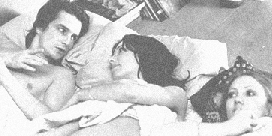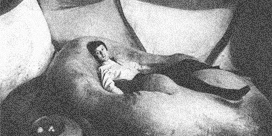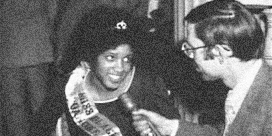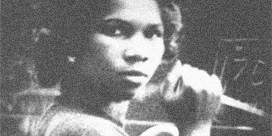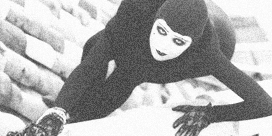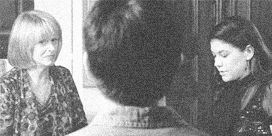June Fourth Two-Thousand Eleven
by Rumsey Taylor Among the numerous cinematic offerings of the 1970s that have been unaccountably forsaken in subsequent decades is Linda Manz, who invited her most deserved renown as the author of Days of Heaven’s colloquial narration. Since her debut in Terrence Malick’s 1978 film she has been in fewer than ten films, the last of which is from the late 90s. Her absence is regularly acknowledged (here is a recent interview in the Village Voice), and filmmakers as disparate from one another as Harmony Korine and David Fincher have granted her additional limelight. But Manz remains absent, and her integral performance in Days of Heaven a bittersweet confirmation that 1970s cinema has become deprived of many of its most distinctive elements.
I have seen only a few of Manz’s later films, but Dennis Hopper’s 1980 Out of the Blue capably repurposes her natural authenticity. The film is Hopper’s third, following his ill-received The Last Movie by nearly ten years, and is markedly more orthodox than his earlier pictures. Whereas Easy Rider entertained drug- or thrill-induced indulgences on multiple occasions (The Last Movie makes for one such indulgence in its entirety), Out of the Blue is more straightforward in its conception of narrative. As in Days of Heaven, the proceedings are largely anchored by Manz, who plays Hopper’s daughter and bears witness to an unforgettable road accident at the beginning, an event that will color each’s life in a shade of profound regret.
Out of the Blue has the same denim-and-sideburns, blue-collar drama of many American films of the 1970s, and it’s a film about nostalgia, regret, and confrontation--a spiritual cousin to Five Easy Pieces, in which another Easy Rider alum must come to terms with his place both in the world and in his family. In this sense Manz is especially well cast, given the trajectory of her career. She emblematizes nostalgia for 70s cinema, and in this film delivers what is, while perhaps not her last, her most arresting performance.





